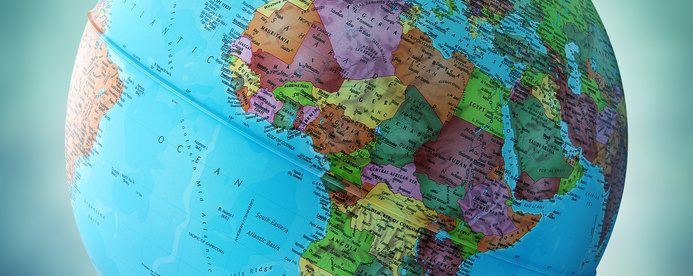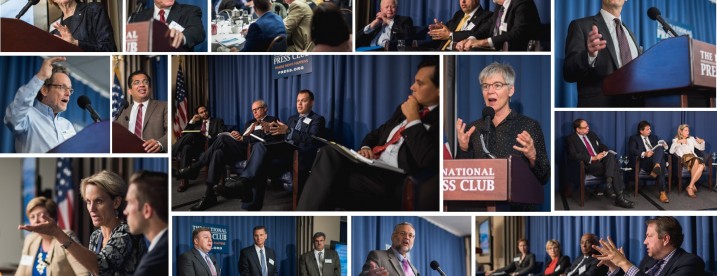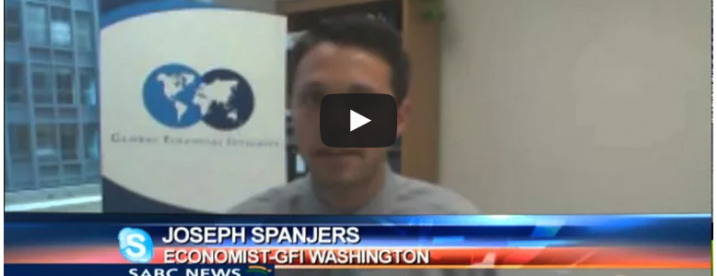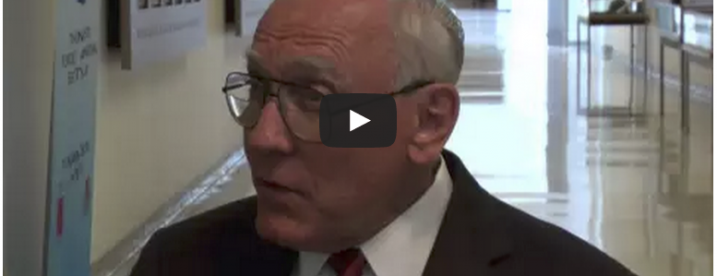
As national leaders meet at the African Union Summit in Addis Ababa this week, a group of civil society experts has issued a set of recommendations to address illicit financial flows (IFFs), an issue of critical importance to regional development. Titled Accelerating the IFF Agenda for African Countries (the Accelerated IFF Agenda), the purpose of the document is to highlight for African leaders fourteen steps that can be taken to jumpstart efforts to address IFFs. Among the recommendations are suggestions to establish a multi-agency approach to fight IFFs, to collect information to identify corporate ownership, and certain tax-related measures.
A recent Global Financial Integrity study concluded that measurable illicit financial outflows topped the $1 trillion mark in 2013. The inclusion of illicit financial flows (IFFs) in the Sustainable Development Goals was an affirmation of the detrimental impact these flows have on the development of low income countries. Amongst the most keenly affected are children, who lose out on quality education due to insufficient government funding. I was able to witness just this, when I spent the 2013 academic year at a village school just outside the city of Zomba, Malawi, a country that GFI estimates loses on average US$650 million per year in illicit outflows.

US$7.8 Trillion drains from Developing World from 2004-2013
Trade Fraud Responsible for Illicit Outflows of US$6.5 Trillion
China, Russia, Mexico, India, Malaysia are Biggest Exporters of Illicit Capital over Decade
Sub-Saharan Africa Still Suffers Largest Illicit Outflows as % of GDP
WASHINGTON, DC – Illicit financial flows from developing and emerging economies surged to US$1.1 trillion in 2013, according to a study released Wednesday by Global Financial Integrity (GFI), a Washington, DC-based research and advisory organization. Authored by GFI Chief Economist Dev Kar and GFI Junior Economist Joseph Spanjers, the report pegs cumulative illicit outflows from developing economies at US$7.8 trillion between 2004 and 2013, the last year for which data are available.
By Tom Cardamone, October 6, 2015

A Quarterly Newsletter on the Work of Global Financial Integrity from June to September 2015
Global Financial Integrity is pleased to present
GFI Engages, a quarterly newsletter created to highlight events at GFI and in the world of illicit financial flows. We look forward to keeping you updated on our research, advocacy, high level engagement, and media presence. The following items represent just a fraction of what GFI has been up to since March, so make sure to check our
website for frequent updates.
Global Financial Integrity Conference: Illicit Financial Flows: The Most Damaging Economic Problem Facing the Developing World
Based on the culmination of work GFI has done with the support of the Ford Foundation including a book by GFI, the conference included discussions and keynote remarks from experts on the nature of IFFs, country-level perspectives, and how and why curtailing these IFFs should be a priority for the global community.

South African Broadcasting Corporation
GFI Junior Economist Joseph Spanjers spoke with South Africa’s SABC News on Wednesday, July 29th, about the damaging issue of illicit financial flows from Africa.

GFI President Raymond Baker discusses the issue of illicit financial flows (IFFs) at the Africa Center for Strategic Studies on July 15, 2015. Mr. Baker’s remarks provide an overview of the sources of illicit financial flows, how GFI’s studies are developing in the African policy arena, how terrorist groups utilize IFFs for funding opportunities, and how transparency plays an essential part in curbing illicit financial flows.
Former President Continued Call on Africa’s and World’s Leaders to Prioritize Financial Transparency
WASHINGTON, DC – Global Financial Integrity (GFI) welcomes the statements made yesterday by former South African President Thabo Mbeki on illicit financial flows at the third Financing for Development Conference. At an event in Addis Ababa, Ethiopia, Mbeki noted that in order to address the issue of illicit flows “there needs to be a concerted and sustained campaign around the world.” “The principle challenge we face” he said, “is one of implementation.” He expressed optimism about the impact the Financing for Development conference will have on illicit flows noting that there is “a common commitment” to address the problem “at a global level and at a national level.”
Governments Commit to “Substantially Reduce Illicit Financial Flows by 2030”
Development Accord Seeks to Curb an Estimated $1 Trillion in Annual Outflows
ADDIS ABABA, Ethiopia – Global Financial Integrity (GFI), the Africa Progress Panel (APP) and Jubilee USA applauded the global commitment made today at the Third Financing for Development Conference (FfD3) to reduce the massive flow of illicit funds from developing country economies. For the first time international consensus was reached on the importance of an issue that has been at the forefront of efforts by hundreds of research and development organizations for the last ten years. The negotiations concluded today and formal adoption of the document will take place on Thursday.





